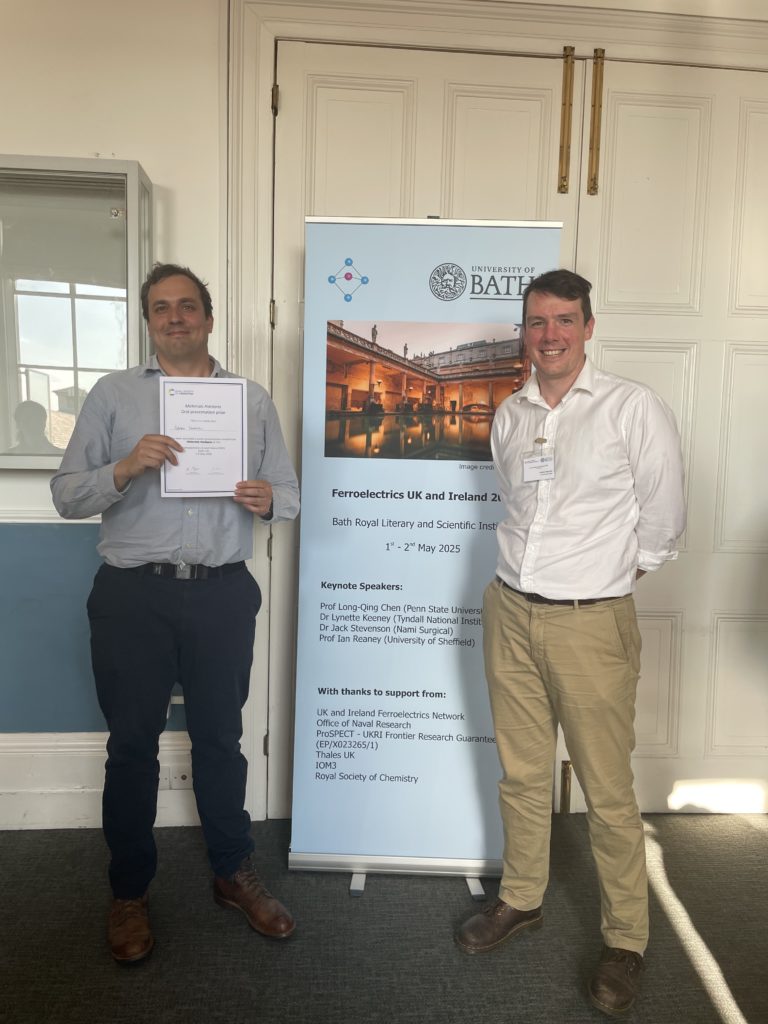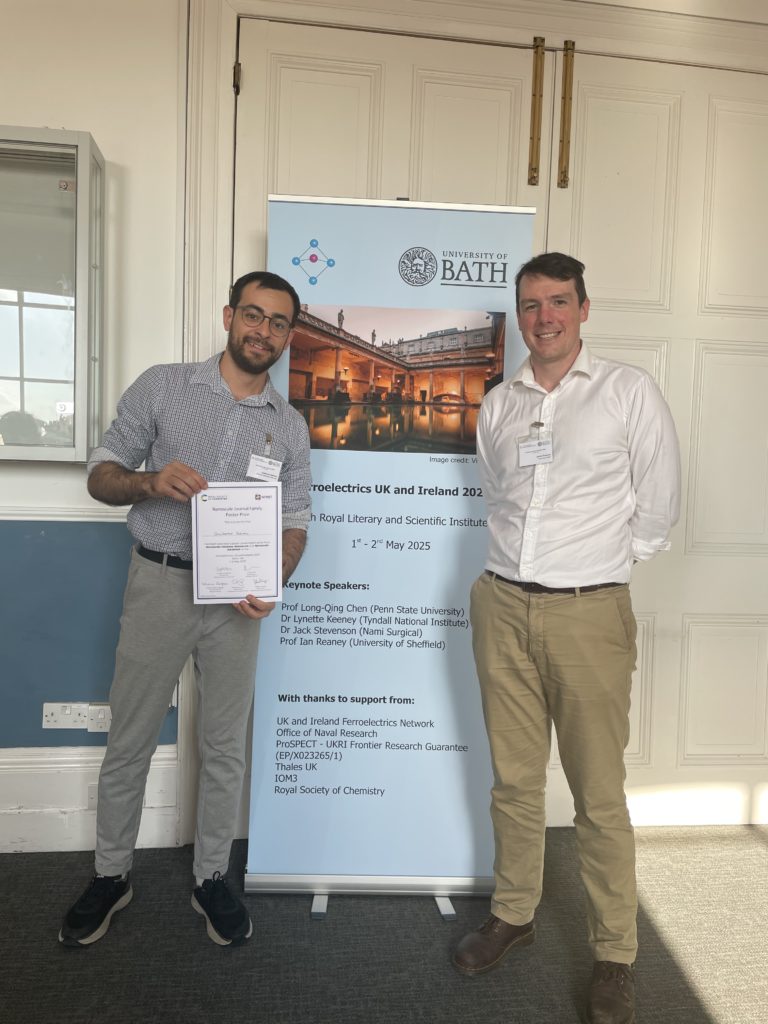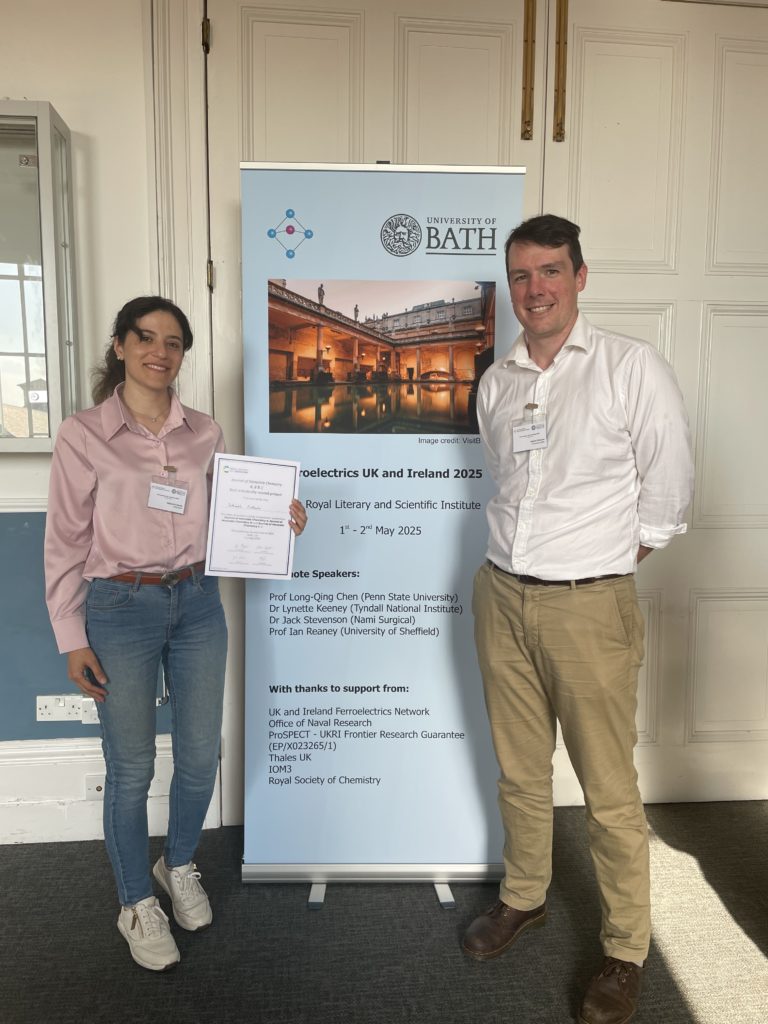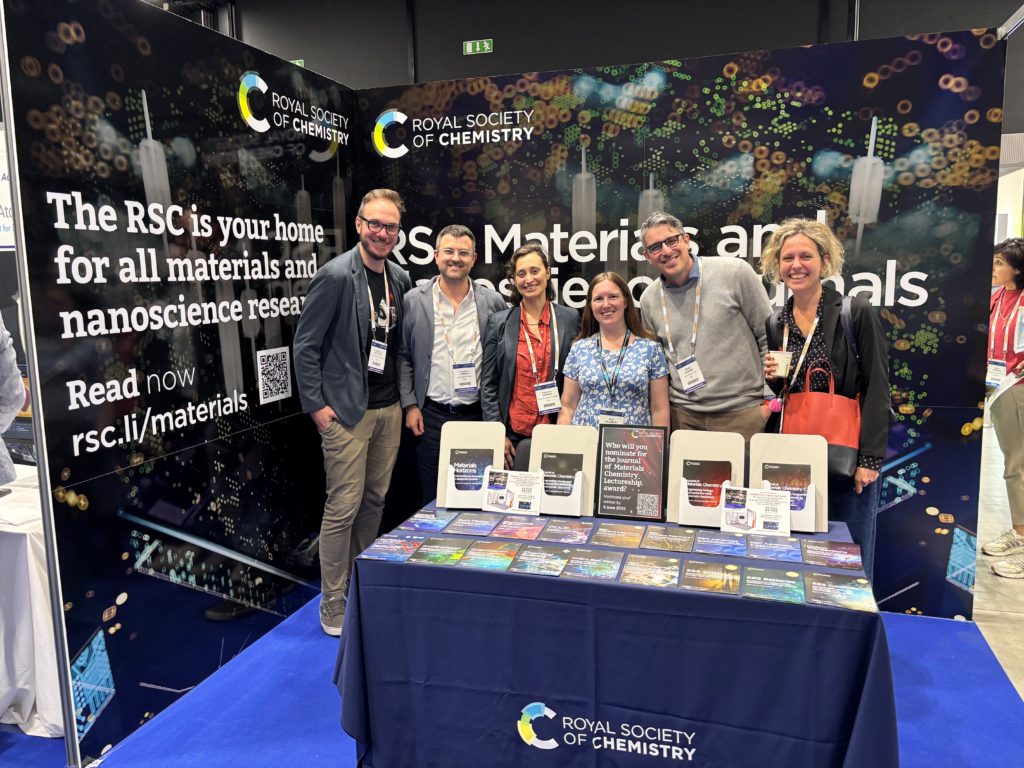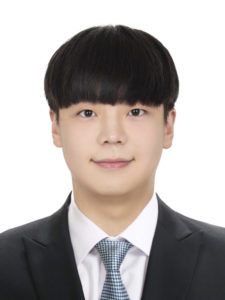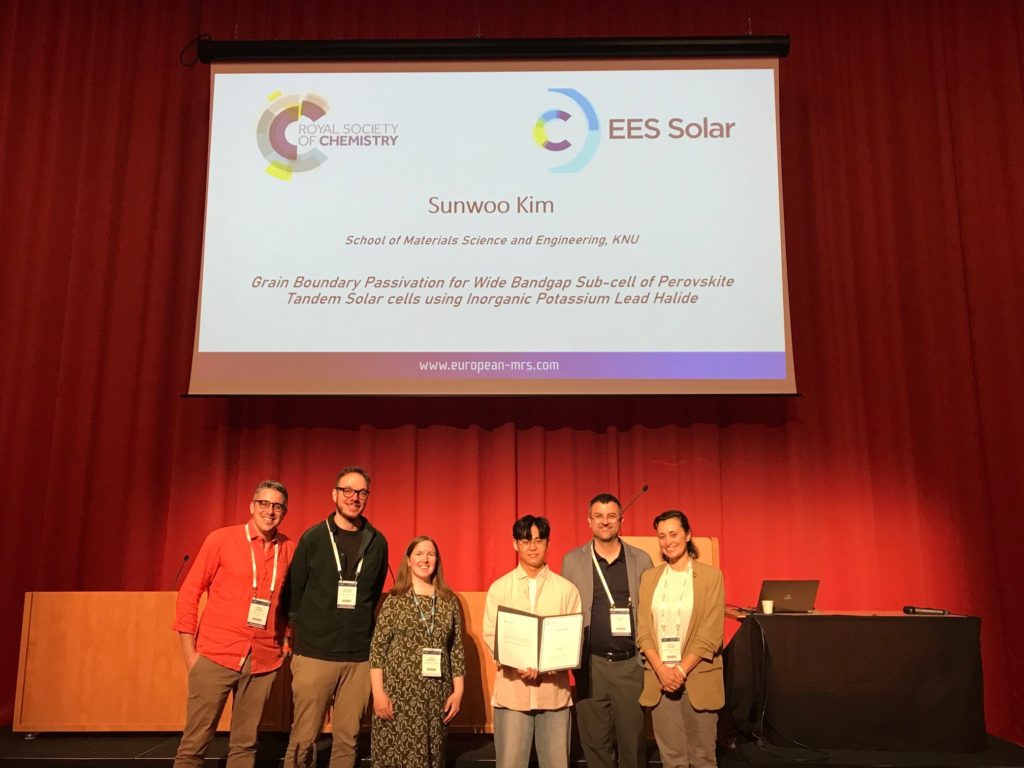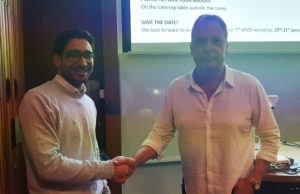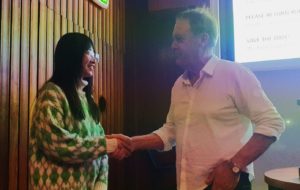Novel materials and devices for photon and ionizing radiation detection (Deadline: 3 October 2025)
We are delighted to announce this open call for papers to contribute to a themed collection for Journal of Materials Chemistry C on Novel materials and devices for photon and ionizing radiation detection, guest edited by Professor Andrea Ciavatti (University of Bologna, Italy), Professor Francesca Cova (University of Milano-Bicocca, Italy) and Professor Michele Sessolo (University of Valencia, Spain).

Scope
This themed collection will focus on novel materials and devices for the sensitive detection of photons and for the conversion of high energy ionizing radiation. The focus will be mainly on organic semiconductors and metal halide perovskites, although the themed collection is open to the submission of alternative materials. The topics will be focused on electromagnetic radiation detection beyond the visible range. Novel developments on active materials both for direct detection and for indirect detection (scintillators) will be covered by the themed collection.
Key Topics to be considered:
Growth/synthesis of new materials for radiation sensors:
- Growth methods for perovskite and organic crystals and defect characterization
- Nanoparticle and polycrystalline perovskite and organic films
- Fabrication of hybrid and meta-materials
Materials and devices characterization:
- UV and high energy photon detection
- NIR photon detection
- Noise and defects in advanced detectors
- Materials for neutron and charge particles detection
- Scintillators for fast timing detection and imaging
- Interaction of nanomaterials and nanocomposites with ionizing radiation from fundamental to applied perspectives
- Long-term stability, environmental effects and radiation hardness
Submit to the themed collection
Please consider contributing to this open call for papers for our upcoming themed collection on Novel materials and devices for photon and ionizing radiation detection to be published in Journal of Materials Chemistry C.
Submissions should fit within the scope of Journal of Materials Chemistry C. Please see the journal’s website for more information on the journal’s scope, standards, article types and author guidelines.
This call for papers is open for the following article types:
- Communications
- Full papers
Open for Submissions until 3 October 2025
If you would like to contribute to this themed collection, you can submit your article directly to the online submission service for Journal of Materials Chemistry C. Please mention that this submission is a contribution to the Novel materials and devices for photon and ionizing radiation detection collection in the “Themed issues” section of the submission form and add a “Note to the Editor” that this is from the Open Call. The Editorial Office reserves the right to check suitability of submissions in relation to the scope of both the journal and the collection, and inclusion of accepted articles in the final themed issue is not guaranteed.
Please also note that all submissions will be subject to initial assessment and rigorous peer review to meet the usual high standards of Journal of Materials Chemistry C.
Meet the Guest Editors
Professor Andrea Ciavatti (University of Bologna, Italy)
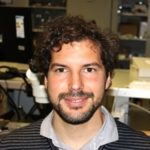
Andrea Ciavatti received M.Sc. Degree in Physics (2010) and the Ph.D in Physics (2015) at the University of Bologna, with a thesis on Transport Properties and Novel Sensing Applications of Organic Semiconducting Crystals. He was Visiting Scientist at University of Surrey (UK) focusing on the direct detection of X-rays, alpha particles and neutrons (2013) and at ETH (Zurich) investigating the charge carrier transport in OTFTs (2014). In 2017 he moved at NEST Laboratory (Pisa, IT) working on THz quantum cascade lasers. From 2020 he is Technical Manager and Adjunct Professor at the Advanced Sensing Laboratory (OPH) of the Department of Physics and Astronomy (DIFA). He is an associate of the Italian Institute for Nuclear Physics (INFN).
His research focuses on the electrical and photonic characterization of advanced materials and devices: flexible and large-area sensors for ionizing radiation based on organic and hybrid perovskite materials. He is currently involved in research projects aimed at monitoring ionizing radiation exposure in medical and space applications.
Professor Francesca Cova (University of Milano-Bicocca, Italy)

Francesca Cova is assistant professor at the Department of Materials Science of the University of Milano – Bicocca (Italy). She graduated in Physics in 2016 and earned her PhD in Materials Science and Nanotechnology in 2020, with a thesis on scintillating optical fibers. She is currently working on the development of the future generation of ionizing radiation detectors. Her research interests focus on new, fast, and radiation hard scintillating materials, with special attention to emerging technologies such as nanostructures and nanocomposites, including quantum dots, perovskites nanocrystals, semiconductor nanoplatelets and metal organic frameworks. Besides, the focus of her research is on the presence of defect-related phenomena, deeply investigated by means of thermally stimulated luminescence spectroscopy, to unveil their role in the scintillation process and their influence on the performance of scintillating materials, in order to guide the optimization of scintillating devices.
Professor Michele Sessolo (University of Valencia, Spain)

Michele Sessolo is an Associate Professor in the Department of Inorganic Chemistry at the University of Valencia. He obtained his degree in Chemistry from the University of Padova (Italy) in 2006, followed by an M.Sc. and a Ph.D. (2010) from the University of Valencia, for his research on organic light-emitting diodes (OLEDs). He later joined the Department of Bioelectronics at the École des Mines de Saint-Étienne (France) as a Marie Curie Fellow, where he worked on the application of conducting polymers in electrophysiology. In 2016, he was awarded a Ramón y Cajal tenure-track fellowship and joined the Institute for Molecular Science (ICMol) at the University of Valencia. His current research focuses on two main areas: the vapor-phase deposition of perovskite materials for photovoltaic applications, and the development of perovskite-based photodetectors − employing both thin films and monolithic materials − for the detection of visible and ionizing radiation.

























